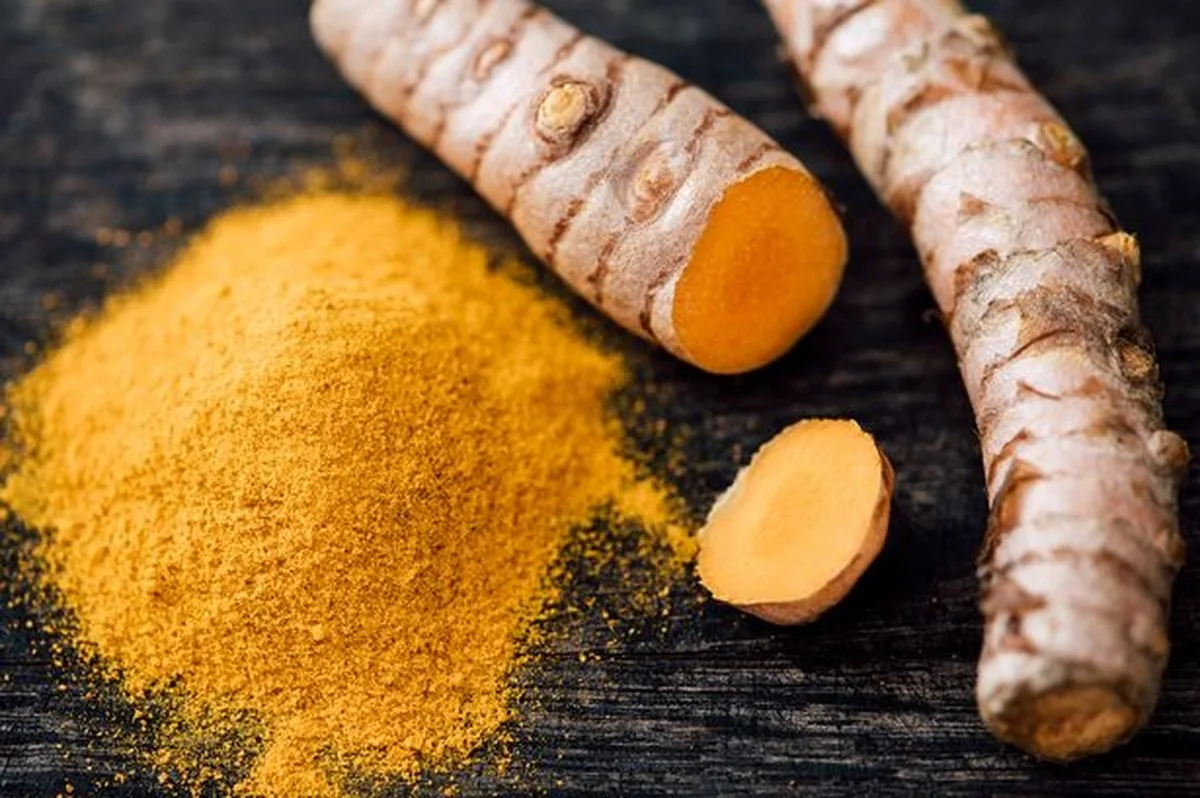21/11/2024
21/11/2024

LONDON, Nov 21: A popular "superfood" that has been highlighted by Dr. Eric Berg, a health expert with over 12 million subscribers on YouTube, is turmeric. He claims that it is beneficial for "almost everything" and may already be in your kitchen, offering much more potential than many realize. Known for his expertise in keto and intermittent fasting, Dr. Berg describes turmeric as both "incredible" and "delicious."
Originating from Southeast Asia, turmeric has been used as a staple spice in cooking for thousands of years. It is a member of the Zingiberaceae family, which also includes ginger. Turmeric can be incorporated into your diet in various ways, whether by using organic turmeric root or taking supplements.
Dr. Berg recommends that if you are considering a supplement, you should look for one that contains both turmeric and curcumin, as curcumin is just one of the many phytonutrients in turmeric. He suggests choosing a freeze-dried supplement for optimal effectiveness. For those who prefer fresh turmeric, Dr. Berg advises consuming two or three pieces of the root each day to help prevent various health issues. He also recommends adding black or white pepper to your diet, as it can enhance the body's ability to absorb turmeric. However, Dr. Berg notes that the phytonutrients in turmeric are heat-sensitive, so cooking with turmeric may diminish its potency.
Dr. Berg explains that much of the research on turmeric focuses on its anti-inflammatory properties and its potential role in combating cancer. He emphasizes that the benefits of turmeric can lead to a range of significant health improvements, with very few side effects. Turmeric has been found to boost glutathione and other antioxidant networks in the body, which play a vital role in protecting against diseases, improving insulin sensitivity, and possibly slowing the progression of cancer. Additionally, research suggests that turmeric can help alleviate pain, with one study showing it may be as effective as ibuprofen for those with arthritis. Its antioxidant and anti-inflammatory effects also support healthy digestion, and turmeric is being investigated for its potential to treat conditions such as irritable bowel syndrome. However, it may stimulate the stomach to produce more gastric acid, which can benefit some individuals but might cause issues for others.
Moreover, turmeric is thought to have antimicrobial, antibacterial, antiviral, antifungal, and antiparasitic properties. It is also believed to promote skin health, protect the liver, support detoxification processes, and inhibit the formation of pro-carcinogens. Turmeric is said to help protect DNA and aid in DNA repair, and it may even protect cells during chemotherapy or radiation, potentially increasing the effectiveness of these treatments. It has also been suggested that turmeric can support the endocrine system and act as a powerful adaptogen, helping the body cope with stress.
While turmeric offers numerous health benefits, it is not a miracle cure. It is available in fresh form at most supermarkets, and you can also find turmeric supplements at health stores. It is typically recommended to take one capsule daily with a meal, ensuring that the suggested dosage is not exceeded. However, it’s important to remember that supplements should not replace a healthy diet or lifestyle.
Despite its many potential health benefits, turmeric should not be used as a cure-all. Pregnant or breastfeeding individuals, those taking medications, or those under medical supervision should consult with a doctor before using turmeric. Those on blood-thinning medications should avoid taking high doses of turmeric. As with any supplement, it’s crucial to speak with a healthcare provider before adding turmeric to your routine, as it can interact with other medications and supplements. For more information, it’s advisable to consult the NHS website.


